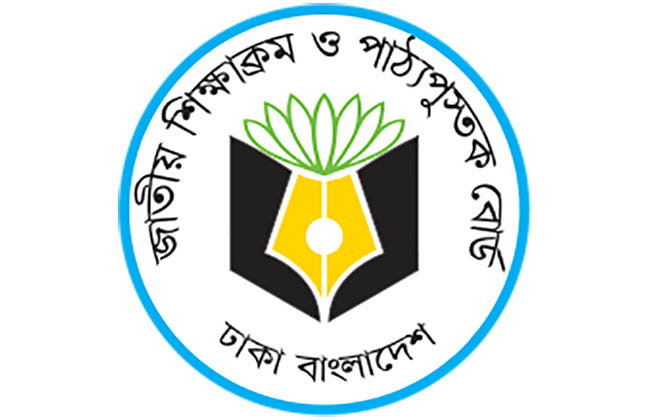
The national curriculum from primary to higher secondary levels in the country did never draw, in the past, much criticism as it did in recent years. It is needless to say the main reason for the beginning of this discussion and criticism was the various experiments done in the primary, secondary and higher secondary level curricula and their application and strategy. At one time, the ‘multiple choice question’ method and the ‘creative education’ method were no less controversial. It is no exaggeration to say that these efforts to introduce the national curriculum were not adopted on the basis of proper evaluation, nor did the authorities concerned have necessary preparations for their implementation or follow-up.
In that context, the formulation of an integrated national curriculum framework, with a number of fundamental changes including the provision of no more public examinations at the primary and secondary levels before SSC and equivalent examinations, is undoubtedly an important step forward.
On Monday this week, Prime Minister Sheikh Hasina approved the proposed national curriculum outline. Later in the press conference, Education Minister Dipu Moni gave details about this. The education minister said there is no public examination before SSC and equivalent examinations in the proposed education system of the country. At the same time, the group system – that is science, humanities and commerce – at the secondary level education is also going away. All students from sixth to tenth class have to study 10 identical subjects. Whether students will study humanities, science or commerce will be decided in the eleventh grade.
At the same time, there will be a big change in the way students are evaluated currently. The proposed curriculum will introduce a system of evaluating students’ learning period of the whole year and the collective evaluation of the end of the year. This decision is certainly commendable as we hope it will increase the attention of students and teachers in the classroom throughout the year. Educationists, on the other hand, advise the government to upgrade the ‘no-exam’ education system to fifth grade. They think that the new system without fear of passing and failing the exams will pave the way for students to acquire true knowledge.
However, we think the finalisation of the national curriculum from first to twelfth grade should be done with the views of educationists, teachers, parents and other stakeholders. At the same time, it is very important to consider the preparation of textbooks for the new curriculum and ensure proper preparations of teachers for teaching those subjects. It should be kept in mind that if the salary structure and recruitment system of teachers at school-college level is not up-to-date, meritorious people will not be encouraged to come to teaching. It is also important to pay attention to the crucial question of compatibility of the existing general education curriculum with madrasah, technical and English medium education curricula. Otherwise, it will never be possible to reduce the division that is being created among the future citizens of the country through the curriculum.


